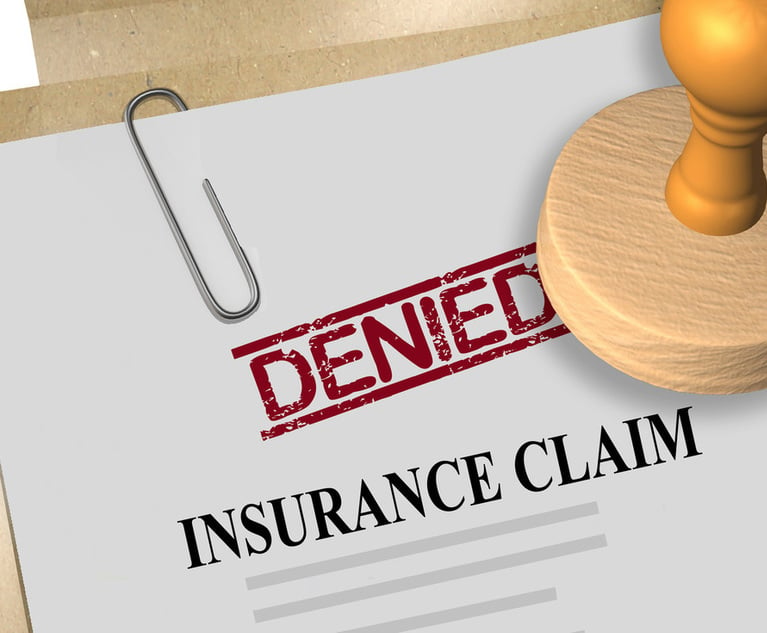 Insurance companies "have a fiduciary duty to negotiate in good faith — that's always been the law. What the legislation has done has put some teeth into an insurance claim when the insurance company does not comply with their fiduciary duty," Frank Lazzaro of Lutz, Shafranski, Gorman, Mahoney & Lazzarosaid said. Credit: hafakot/Adobe Stock
Insurance companies "have a fiduciary duty to negotiate in good faith — that's always been the law. What the legislation has done has put some teeth into an insurance claim when the insurance company does not comply with their fiduciary duty," Frank Lazzaro of Lutz, Shafranski, Gorman, Mahoney & Lazzarosaid said. Credit: hafakot/Adobe Stock
One year after a New Jersey law went into effect allowing individuals to sue their auto insurance companies for unreasonably denying or delaying payment benefits, some litigators say the balance of power between policyholders and insurers has shifted.
Recommended For You
Want to continue reading?
Become a Free PropertyCasualty360 Digital Reader
Your access to unlimited PropertyCasualty360 content isn’t changing.
Once you are an ALM digital member, you’ll receive:
- Breaking insurance news and analysis, on-site and via our newsletters and custom alerts
- Weekly Insurance Speak podcast featuring exclusive interviews with industry leaders
- Educational webcasts, white papers, and ebooks from industry thought leaders
- Critical converage of the employee benefits and financial advisory markets on our other ALM sites, BenefitsPRO and ThinkAdvisor
Already have an account? Sign In Now
© Touchpoint Markets, All Rights Reserved. Request academic re-use from www.copyright.com. All other uses, submit a request to [email protected]. For more inforrmation visit Asset & Logo Licensing.







